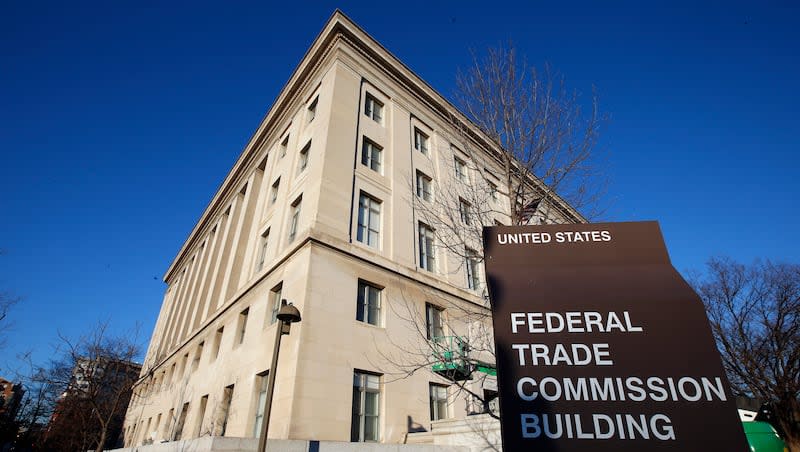FTC bans noncompete clauses, legal challenges already in play

On a narrow 3-2 vote that followed partisan lines, the Federal Trade Commission on Tuesday passed a ban on most employer noncompete clauses in a move that will impact some 30 million U.S. workers and is already facing legal challenges.
The FTC says banning noncompete clauses — contracts between an employer and a worker that blocks workers from going to work for a competing employer or starting competing businesses typically within a certain geographic area and period of time after the worker’s employment ends — will protect the “fundamental freedom of workers to change jobs” while increasing innovation and fostering new business formation.
“Noncompete clauses keep wages low, suppress new ideas, and rob the American economy of dynamism, including from the more than 8,500 new startups that would be created a year once noncompetes are banned,” FTC Chair Lina M. Khan said in a press statement. “The FTC’s final rule to ban noncompetes will ensure Americans have the freedom to pursue a new job, start a new business, or bring a new idea to market.”
The two Republican appointees to the FTC, Melissa Holyoak, a former Utah solicitor general, and Andrew Ferguson, voted against the proposal.
Legal responses were immediate
Shortly after the vote, tax services firm Ryan LLC filed a lawsuit in Texas federal court, challenging the noncompete ban and claiming that the agreements can benefit businesses, workers and the economy, according to a report from Reuters.
And U.S. Chamber of Commerce President/CEO Suzanne P. Clark released a statement Tuesday afternoon promising a legal response to the decision.
“The Federal Trade Commission’s decision to ban employer noncompete agreements across the economy is not only unlawful but also a blatant power grab that will undermine American businesses’ ability to remain competitive,” Clark said. “This decision sets a dangerous precedent for government micromanagement of business and can harm employers, workers, and our economy.
“The Chamber will sue the FTC to block this unnecessary and unlawful rule and put other agencies on notice that such overreach will not go unchecked.”
Clark argues the FTC does not have the authority to “write its own competition rules” and that noncompete contracts are appropriately overseen at the state level.
The FTC says the noncompete ban will not only lead to growth in new business startups but also add an estimated $400 billion to workers’ earnings over the next 10 years and lower health care costs by $194 billion in the next decade.
While the ban, which is scheduled to go into effect later this year, will impact about 1 in 5 U.S. workers, according to the FTC, the agency carved out an exception for some existing executive noncompete agreements, which it said represent less than .75% of all U.S. employees. But under the new rules, employers are banned from entering into or attempting to enforce any new noncompetes, even if they involve senior executives.
Noncompete contracts are already banned in four states, including California, and some proponents of the measure point to California’s high level of success in tech and innovation as one of the outcomes of the restriction.
John Lettieri, CEO of the Economic Innovation Group, a tech-backed think tank, told The Associated Press that the ability of innovators to leave one company to start their own competing effort was key to the development of the semiconductor industry.
“The birth of so many important foundational companies could not have happened, at least not in the same way or on the same timeline and definitely not in the same place, had it not been for the ability of entrepreneurs to spin out, start their own companies, or go to a better company,” Lettieri said.
